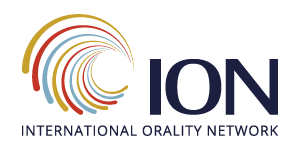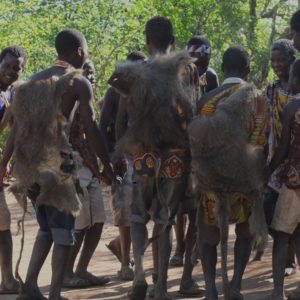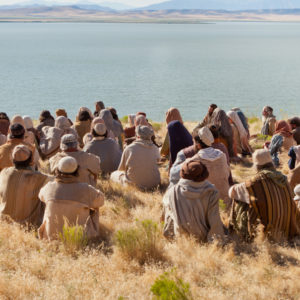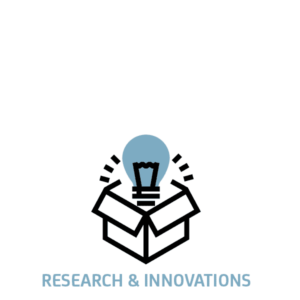The following is a chapter from the book ‘Oralities and Literacies: Implications for Communication and Education‘. A chapter will be posted here each week.
Prologue
by Samuel E. Chiang
We were in rhythm, beating, drumming, and having fun. We talked, prayed, explored, and with curiosity nibbled at knowledge wells. We practiced healthy skepticism, exchanged theories and modalities, and surprised ourselves with ‘aha’ moments. This all took place at the fourth global consultation on ‘orality and theological education’ which was aptly themed: Orality and Literacies.
Oklahoma Baptist University, the home of the Avery T. Willis[1] Center for Global Outreach, hosted this by invitation only global gathering of practitioners, theologians, scripture translators. On her beautiful campus, we were in an environment of creativity and sensing potential innovation.
Orality as a discipline is maturing in the 21st century. Theological institutions, churches, and organizations are embracing orality as a strategy for instructional design, a complementation to curricula, and a functional implementation to serve their audiences.
Neuroscience studies in multiple fields are informing and supporting orality as a discipline. Cognitive linguistics, as an adjacent field of study in the larger field of linguistics, provides framework of language, culture and mind. Embodied cognition, in a separate adjacent field of study, provides framework of human cognition that is informed by one’s body in combination with the brain and beyond the brain. New understanding about brain plasticity and wiring is working in conjunction with our acquisition of languages at an younger age and a resurgence of recitation through memory work, the refueling of orality is making this 21st century discipline like that of the first century and prior.
Early in the history of Israel, orality-literacies-modalities were faithfully recorded in scripture:
Moses came with Joshua son of Nun and spoke all the words of this song in the hearing of the people. When Moses finished reciting all these words to all Israel, he said to them, “Take to heart all the words I have solemnly declared to you this day, so that you may command your children to obey carefully all the words of this law. They are not just idle words for you—they are your life. By them you will live long in the land you are crossing the Jordan to possess.”’ Deuteronomy 32:44—47 (NIV).
The children of Israel, the receptive audience heard the figures and cadences, sung the songs that were taught to them, and memorized their history so as to pass on to the next generation.
The men and women gathered at Oklahoma Baptist University continued to explore, ponder, and discover new landmarks in orality, they are captured in the ensuing chapters. This group commissioned a further expedition to serve the all-Africa orality consultation at Daystar University a few months later. The group also served as brain trust for Serampore College (a college started by William Carey, and now a university network in India) and its launch of the brand new Biblical Translation and Orality at the undergrad and graduate level.
The freshness of thinking by the men and women as captured in the chapters of this book will ignite further conversations. May I commend this book to you.
Notes
1 Avery Willis was the Founder and first Executive Director of the International Orality Network (orality.net).
« Oralities & Literacies – Editor’...Praise Reports From Around the World »








